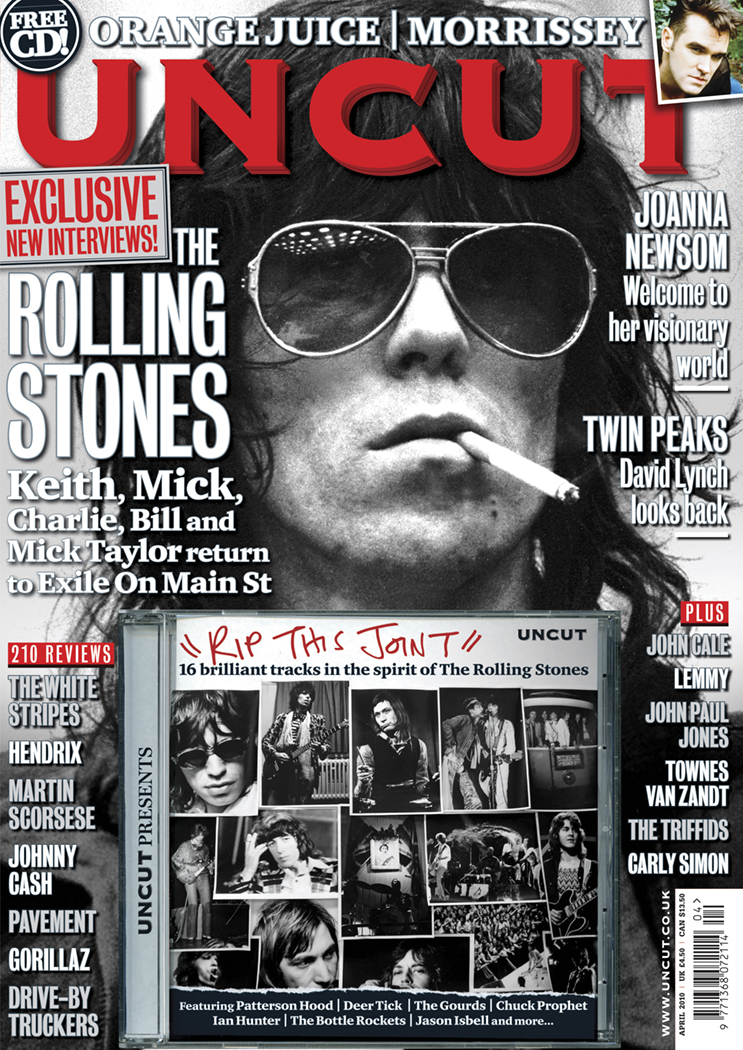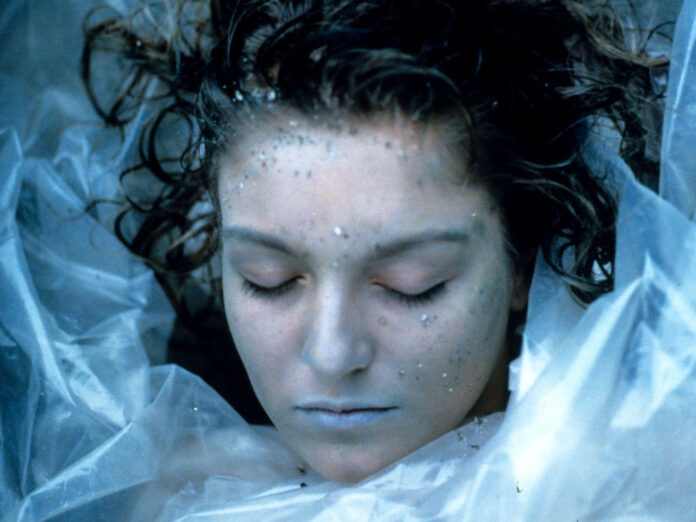From Uncut's April 2010 issue [Take 155], the making of David Lynch's Twin Peaks. Uncut spoke to the show's creators and stars to discover how the mystery of who killed Laura Palmer revolutionised television forever...
Subscription Required!
Subscribe to Uncut+ to get access to our special members area where you’ll find every issue of Uncut stretching back to Take 1 in 1997 plus a comprehensive collection of our Ultimate Music Guides and other special editions. Browse issues from our archive in full and use our search engine to hunt down features and reviews in Uncut about your favourite artists
If you are already subscribe to Uncut+ or the print edition of Uncut magazine, simply login below.
Login
Don't have an subscription?
From Uncut’s April 2010 issue [Take 155], the making of David Lynch’s Twin Peaks. Uncut spoke to the show’s creators and stars to discover how the mystery of who killed Laura Palmer revolutionised television forever…
“I had zero interest in doing a TV show. I have never really been into TV. I initially thought it was a terrible idea,” says David Lynch, 64, but still somehow blessed with a pinched, boyish voice. “I had an agent who was more of a TV agent, and he started talking to me about doing a show.”
In spring 1986, Lynch’s agent, Tony Krantz, might not have been alone in thinking his client needed a change of direction. Following the cult success of 1977’s Eraserhead, and an Oscar nomination for The Elephant Man in 1980, Lynch’s Hollywood career had stumbled. He’d turned down a chance to helm Return Of The Jedi for George Lucas, then attempted to start his own sci-fi franchise with Dune, only for the film to be one of the biggest bombs of the 1980s. Now, he’d returned to more personal work with the small-scale movie, Blue Velvet, which had just been sent out to film festivals, and was by no means a guaranteed hit. Consequently, Krantz suggested a sit-down with another of his clients, writer Mark Frost, a veteran of cop show Hill Street Blues. Over a series of meetings in vintage LA coffee shop Dupars, Frost and Lynch developed a genuine friendship.
“We both loved cherry and blueberry pie,” Frost recalls. “Maybe that’s where the pie and coffee mythology started.”
First, the pair discussed an adaptation of Goddess, Anthony Summers’ biography of Marilyn Monroe which exposed the actress’ involvement with the Kennedys and the underworld. Next, they completed an original screenplay entitled One Saliva Bubble. The latter was just about to go into production, with Steve Martin and Martin Short as its stars, when producer Dino De Laurentiis’ company lost financing.
“It was a ridiculous comedy, set in a small town in Kansas,” says Frost. “A doomsday machine bathes a community in a strange form of radiation that causes every one to switch identities. We had a great time writing it, which probably led us to say, ‘Let’s try this other thing…’”
The “other thing” had one or two aspects in common with Goddess, not least a doomed blonde fated to die at the hands of duplicitous characters. But even though its central figure Special Agent Dale Cooper would exclaim early on, “What was really going on between Marilyn Monroe and the Kennedys, and who pulled the trigger on JFK?”, Twin Peaks’ web of conspiracies and mysteries had a strange pull all of its own.
Twenty years ago this spring, Twin Peaks made its debut and changed the rhythm of television forever. Its odd tempo, black humour, brutal violence, pastoral beauty and nightmarish imagery inspired an adventurous new kind of TV serial – from The X Files, to The Sopranos, to Lost – and even recalibrated the way Hollywood nurtured and marketed indie films like Donnie Darko or Memento. Twin Peaks was both a cult obsession and, for a season and a half at least, a mainstream success, spawning pie and coffee parties and riveting tens of millions of viewers each week by asking, “Who killed Laura Palmer?”
“It was the first time I’d had the experience of being totally speechless while watching a television show,” says writer/director Alan Ball, the creator of Six Feet Under and True Blood. “That really influenced me. There’d be no Six Feet Under or True Blood without it, I would say. And the fact that they got it onto major network – it’s still an amazing feat.”
Initially, though, Lynch and Frost had few expectations of “the other thing”, a pilot script entitled Northwest Passage. “Mark printed out a copy and I drove home with it,” Lynch says. “I sat down and read it and said, ‘Jeez, this is kind of good.’ It seemed to hold a promise. It was a world that I felt real good about.”
FIND THE FULL INTERVIEW FROM UNCUT APRIL 2010/TAKE 155 IN THE ARCHIVE




